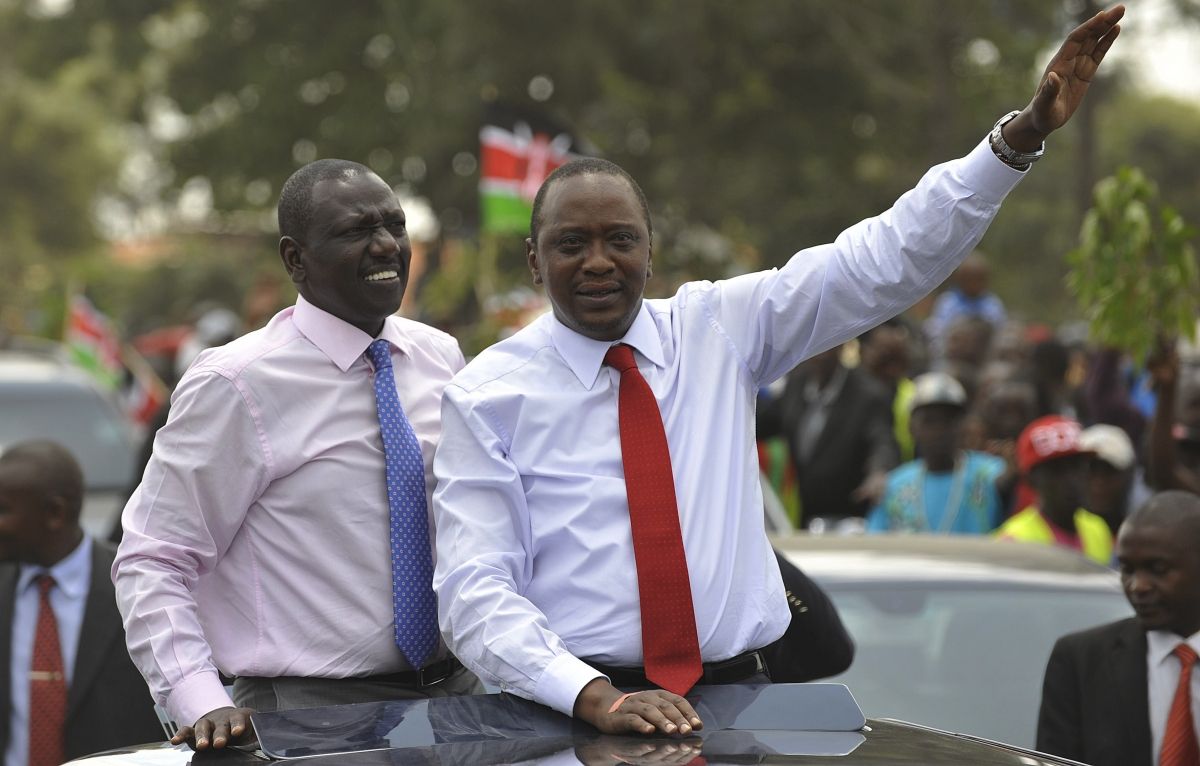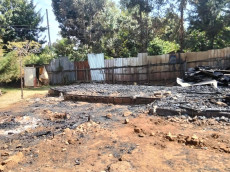- Two years into his term, President Ruto presides over the most delicate presidency in the history of Kenya, leaving him no choice but to bite the bullet and maintain composure amidst chaos. He is confronted with loud cries demanding his exit from office due to high costs of living, abductions and extrajudicial killings, and a hostile economic space.
On September 13, 2022, Dr William Ruto was inaugurated at Moi International Sports Centre in Kasarani as the fifth President of the Republic of Kenya.
This was a colorful moment for Kenya as the populace perceived his win as an end to dynasty leadership. After all, a man with no blood ties to the powers that be, was their President. Moreover, Ruto had promised a government for the “hustlers.”
Two years into his term, President Ruto presides over the most delicate presidency in the history of Kenya, leaving him no choice but to bite the bullet and maintain composure amidst chaos.
He is confronted with loud cries demanding his exit from office due to high costs of living, abductions and extrajudicial killings, and a hostile economic space.
Let’s turn the clock back a few years, though.
Read More
On April 9, 2013, Uhuru Kenyatta was inaugurated in yet another remarkable moment as the fourth President of Kenya.
Aside from the office, ongoing projects, and the country’s political mandate, Uhuru inherited a public debt of Ksh 1.8 trillion from his predecessor, the Late Former President Mwai Kibaki.
Upon leaving office in 2022, Uhuru left the country with a debt of Ksh 8.7 trillion. This was a complex terminus a quo for Dr Ruto.
Currently, Kenya’s public debt is over Ksh 10 trillion, with domestic debt accounting for the larger portion (53.7%). Additionally, the debt is projected to reach Ksh 12 trillion by the end of the 2025/26 fiscal year.
The taxpayer faces maturing Eurobonds, Chinese loans, and commercial loans, which require significant repayment.
Undoubtedly, President Ruto inherited a government that demanded more than he expected. This is probably why he has not been able to deliver on the promises he made to Kenyans during his campaigns.
However, a generation armed with information and immense knowledge is not lending him an ear in the quest for transparency and accountability in the choking atmosphere of betrayal.
Why would Gen Z give President Ruto another chance when he was second-in-command in that same government that skyrocketed the adversities paralyzing the nation today?
He needs to show these young people – who will form over 60% of the vote in 2027 – that, indeed, he can reverse what he saw unfold over the past decade and that he is not postponing the pain.


-1769608133-md.jpg)



-1769608133-sm.jpg)


